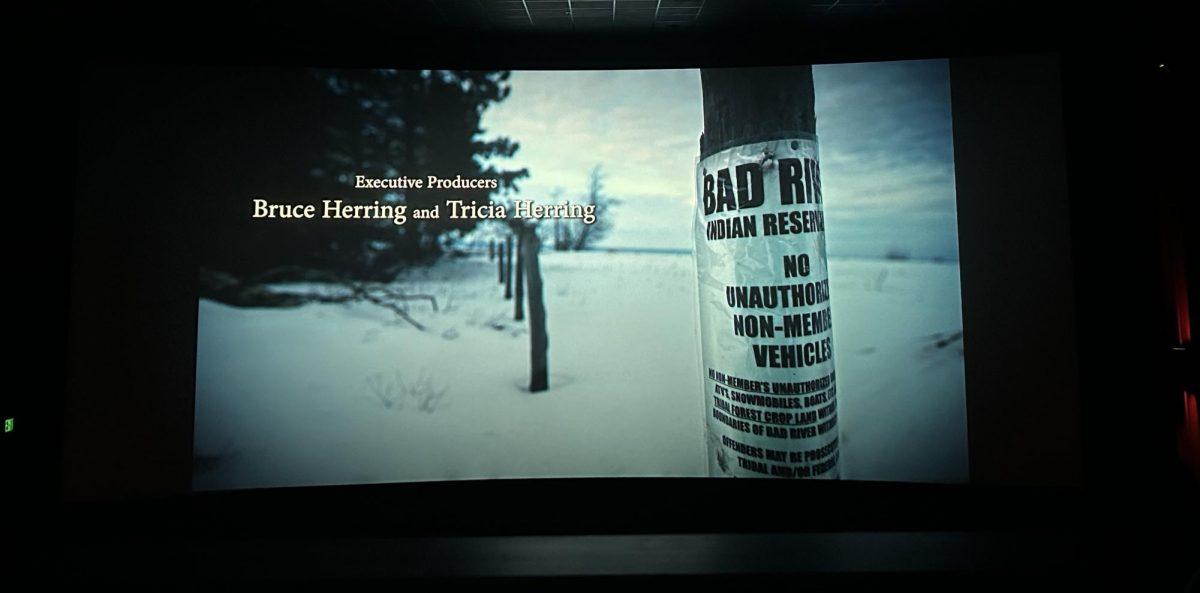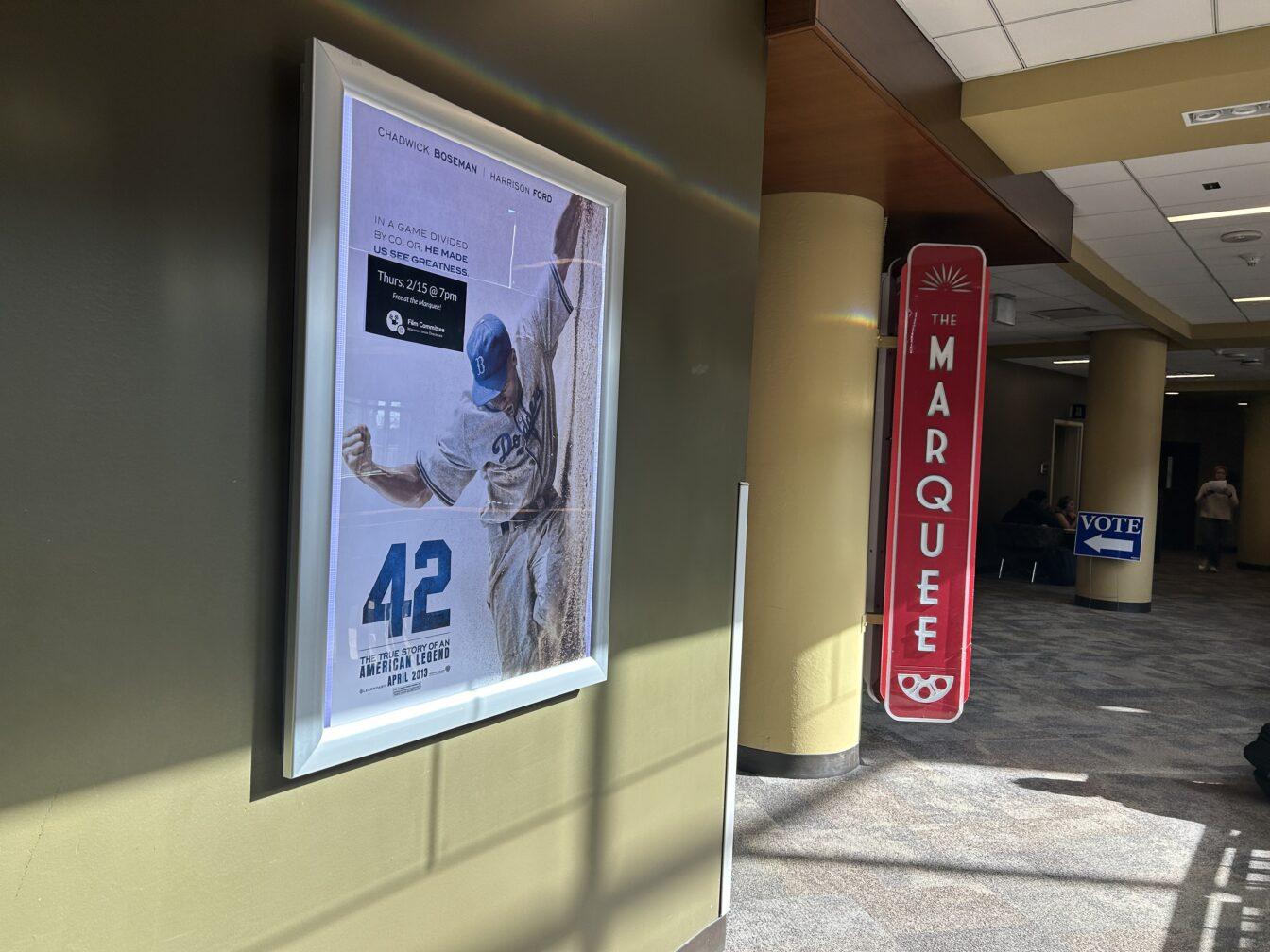The 2014 remake of “Robocop” is a dull attempt at repurposing the dystopian plot of the 1987 original in a more modern context. This apparently meant for the filmmakers drowning out the absurdities of the plot and the poorly-written screenplay with ostentatious gun fights and advanced CGI that adds visual realism where authenticity is lacking within its story.
The movie follows the story of Alex Murphy (Joel Kinnaman, “Lola Versus”), a Detroit cop, who is nearly killed by a criminal gun. His only choice for survival is to have Omnicorp — a massive corporation that makes drones for the war efforts overseas — remodel his decrepit body with machinery resembling their drones. The corporation essentially uses Murphy as a guinea pig in its attempt to gain the support of the American people so they can make a larger profit. With every attempt to control Murphy, the corporation takes away more of his humanity and thusly the conflict between the corporate machine and human nature begins.
The brilliance of the original “Robocop” lied in its ability to foresee the near future in a way that was relevant to its time. It prophesied the corruption that big business could have on the government and the risks in outsourcing public goods for profit. This 2014 remake falls flat of this dystopian-like image of the near future, as it feels much more like a temporally confused satire that draws on our fears of the past in a future setting.
The use of a self-affirming “newscaster”, played by Samuel L. Jackson (“Oldboy”) in a wispy bouffant hairdo, would have been an incredible foreshadowing of Fox News and MSNBC when the 1987 original came out. His strong rhetoric is reminiscent of Cold War-era propaganda films like “Red Dawn,” (also recently remade), but his place as a news reporter in a virtual world makes it seems like an overdramatized impersonation of a conservative news show today.
Also the film begins by showing the efficacy of drones maintaining law and order in Tehran, Iran. After President Obama’s last State of the Union speech, scaling up forces on overseas policing missions seems like something that will not be a major concern in the future. Perhaps it will be, but the scene feels like one you could have watched on the news three years ago rather than in the purported year of 2028.
The film’s cast is full of talented actors and actresses. But when these actors are matched with the screenplay, they come off as amateurs. Joel Kinnaman and Michael K. Williams (“12 Years a Slave”) — who plays Alex’s cop partner and cohort in bringing justice to the evil Omnicorp company — are no strangers to the crime drama genre. Kinnaman played the unorthodox and naïve detective in the AMC original series “The Killing.” On “The Wire,” Michael K. Williams plays a complex criminal who robs drug dealers with a massive shotgun but who secretly has a strong personal morality and a tender heart.
Despite the potential for complexity of character, the film’s script does not allow for Williams or Kinnaman to showcase their talents. Their roles are extremely one-dimensional, the type of good-cop, good-cop dynamic that’s not conducive to any model of realism. They’re both officers of the law who fight unwaveringly for justice despite multiple attempts on their lives. Even in the end, Murphy defies all odds and science to fight the evil corporation and subsequently fight for American liberties; a nice sentiment, but one that would have had greater meaning in the Cold War era or, more likely, in the Gilded Age.
2 out of 5 stars














